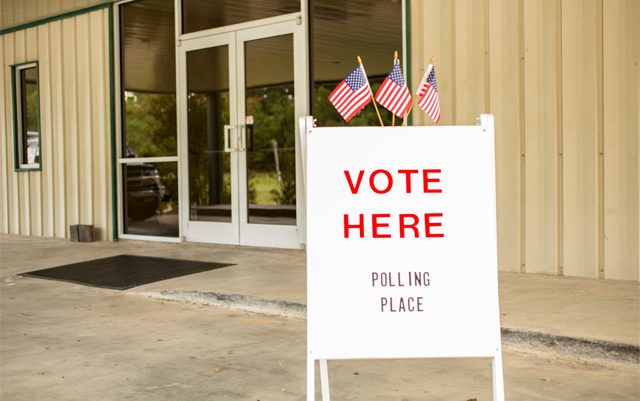Massachusetts’ Question 4 has found a lot of support over the last few months, with one particularly important endorsement coming from the American Civil Liberties Union. Question 4 seeks to legalize, tax and regulate cannabis and the ACLU has been extremely vocal about their endorsement of the question for a while now, but they just recently added a last minute bit of food for thought for MA voters.
Earlier in the campaign, they released a report titled The War on Marijuana In Black and White, which was written in support of Question 4. In the paper, the group reported on the numbers of people arrested for marijuana possession and sales. The numbers demonstrated how frequently communities of black individuals were targeted by Massachusetts police, as well as how arrests have dropped significantly since decriminalization was passed, but that the racial discrepancies had not changed despite this fact. They suggest that the only way to put an end to this is to remove the criminal penalties altogether, therefore suggesting voters should approve Question 4.
“Boston proactively discloses this information in a timely fashion,” Crockford says. “The open data website that the city of Boston runs contains this database of incident reports that they update everyday. So you get to see what policing looks like in Boston yesterday, today!”
Since releasing this report, the group has put together a new tool that can show citizens how many people – and what races – are being arrested on a daily basis in the Boston area. Using information from the Boston Police Department, they have determined that 13 people are arrested on average every week for possession of cannabis alone; and the maps of arrests show that it is primarily communities made up of mostly African Americans who are being harassed by law enforcement, even though it’s been determined that all races consume and sell drugs at extremely similar rates.
“In Massachusetts, we passed decriminalization first, so it’s not a crime for anyone in the state—no matter how old you are—to possess less than an ounce,” Crockford explains. “But after legalization, the crimes associated with marijuana will be very, very few and far between. And it will be much more difficult for law enforcement to make a case to the courts that there is a legitimate basis for any kind of marijuana prosecution.”
Hopefully, the endorsement and information provided by the American Civil Liberties Union, an organization that has been around for almost a century, will be enough to convince some of those uncertain voters to say “yes” on Question 4. With the clock counting down until we find out whether or not Massachusetts passes their legalization initiative, we have to hope that these facts and statistics were exactly the sort of thing some voters needed to see.






